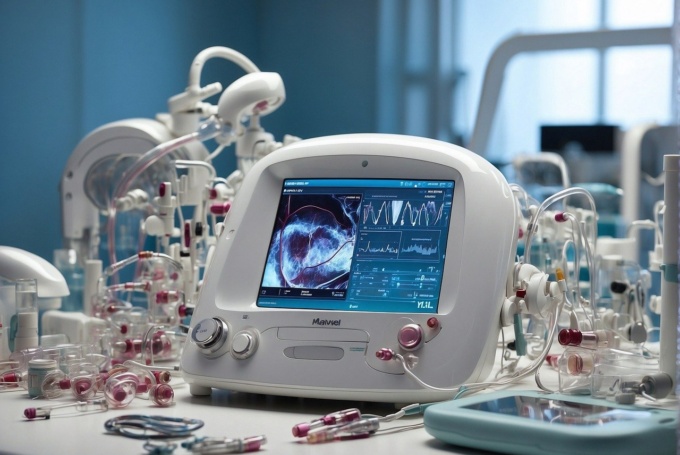The NHS recently announced a £150m investment to establish a framework for healthcare AI solutions, a huge step towards revolutionizing patient care and medical efficiency. From diagnosing diseases earlier to streamlining administrative tasks, AI holds the potential to transform how healthcare is delivered. However, such innovation brings a challenge: finding and retaining the right talent to implement and manage the technology.
In this blog, Invenia Group Associate Director Tanya Ridding explores how this investment will impact recruitment in healthcare and medtech, the roles in demand, and how both candidates and organizations can prepare for the future of AI in healthcare.
Implementing AI at scale requires a specialized workforce who are capable of bridging the gap between technology and patient care, and this is where recruitment becomes pivotal. As AI adoption advances, businesses will need to fill new and emerging roles, including:
- Data Scientists and AI Engineers: Professionals who can design, train, and develop algorithms for healthcare applications, from predictive diagnostics to personalized treatment plans. According to LinkedIn Talent Insights, the talent pool has increased by over 25% during the past 12 months for these positions.
- Healthcare Technologists: Experts who can ensure AI tools meet clinical needs and integrate seamlessly with existing systems.
- Clinical AI Integration Specialists: Professionals who can translate technical capabilities into actionable clinical workflows and provide end-user training.
- AI Compliance Officers: Specialists focused on navigating complex regulations, ensuring data privacy, and upholding ethical standards in AI deployment.
This talent demand creates unprecedented opportunities for professionals but also poses a challenge for organizations to find and attract talent with the right skills.
Upskilling for candidates:
The rise of AI in healthcare offers exciting new career pathways for professionals at all stages of your career. To take advantage of these opportunities, focus on upskilling and reskilling your technical skills (programming, machine learning…), data analysis (understanding how to interpret healthcare data for AI applications, including electronic health records and imaging datasets.) and healthcare knowledge.

Training and certifications:
Look for specialized certifications like “AI in Healthcare” or “Health Informatics” offered by reputable institutions and engage in online courses from platforms such as Coursera, edX, or FutureLearn, covering topics like data science, machine learning, and digital health.
Challenges for employers and overcoming them:
Businesses face hurdles in attracting and retaining AI talent, particularly in a competitive market. Common challenges include:
- Skills shortages: There’s a limited pool of candidates with the right combination of technical expertise and healthcare knowledge.
- Competition: Private companies, startups, and the public sector all vie for the same talent.
- Retention: Highly skilled professionals often seek roles with opportunities for growth, flexibility, and cutting-edge projects.
The solutions?
- Invest in partnerships: Collaborate with universities and training providers to build a pipeline of talent through tailored programs.
- Work with recruitment specialists: Partnering with a healthcare recruitment firm can help identify and attract professionals with niche skills quickly.
- Enhance retention strategies: Focus on offering competitive salaries, professional development opportunities, and a strong sense of purpose to keep top talent engaged.
How can a recruitment partner help?
As a medical device executive search company, we understand the complexities of hiring in this evolving space, and we offer bespoke, tailored solutions to bridge the talent gap.
-
Specialized expertise: Our team is skilled in sourcing candidates with the rare combination of AI and healthcare expertise. We source only the most qualified and talented medtech individuals for your business reducing your time to hire and making the process as smooth as possible.
-
Efficient hiring: We streamline the recruitment process, enabling organizations to quickly fill critical roles without compromising on quality.
-
Future-proof talent strategies: We help organizations build resilient teams capable of adapting to these advances.
Are you a MedTech or HealthTech company looking to hire? Submit your vacancy and a recruitment consultant that specialises in your field will be in touch shortly.
Alternatively, Register your CV with us today to schedule a confidential discussion about your career prospects.
Or, take a look at our MedTech, HealthTech or Executive Search industry pages to dive into the latest startup, funding or talent attraction data.




